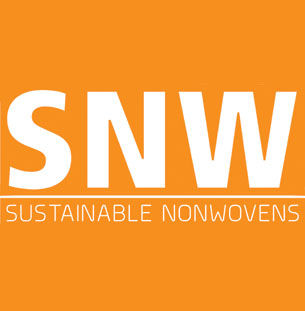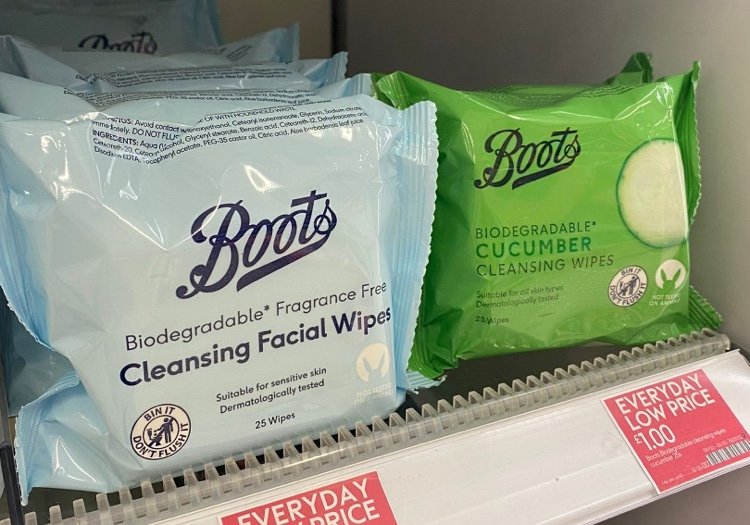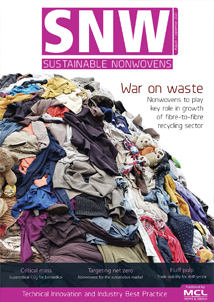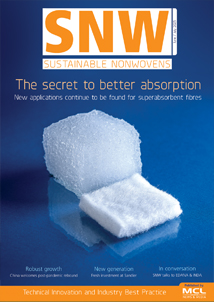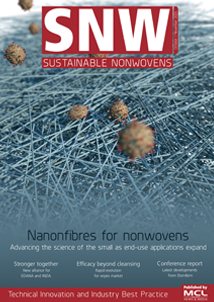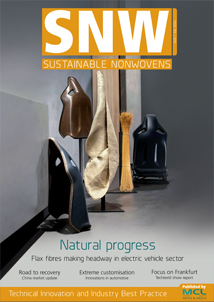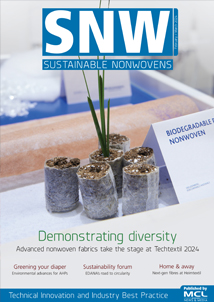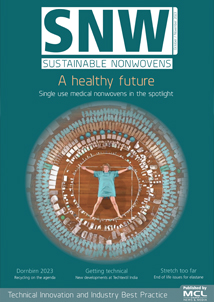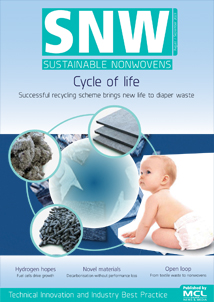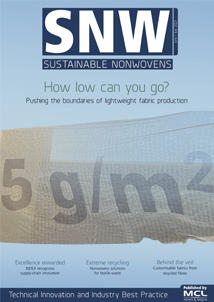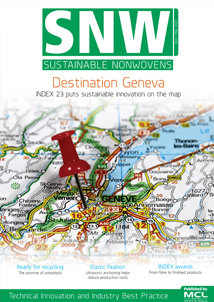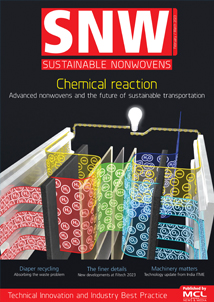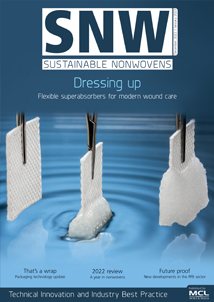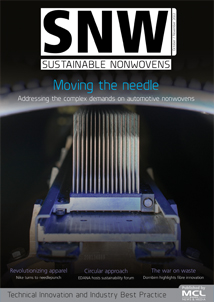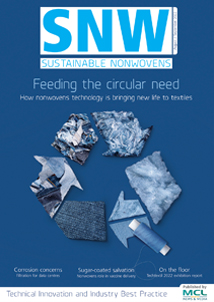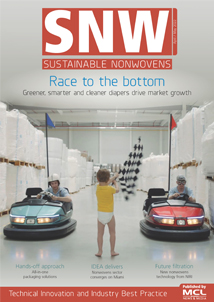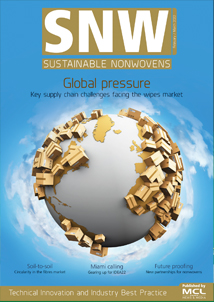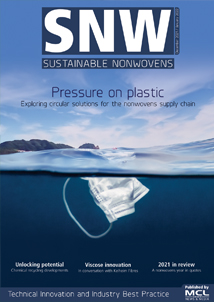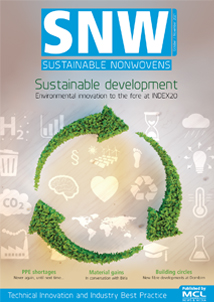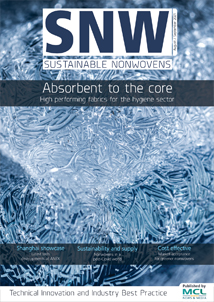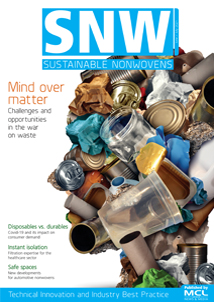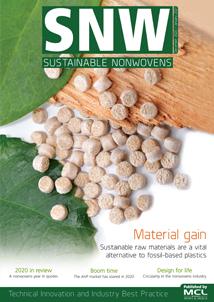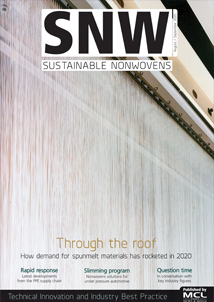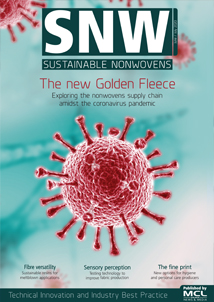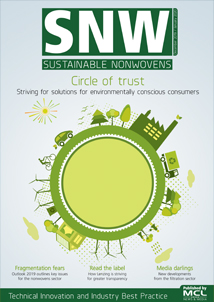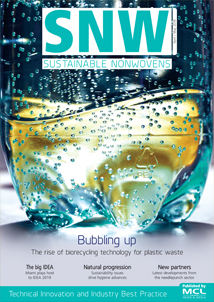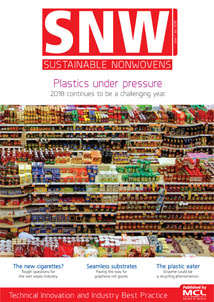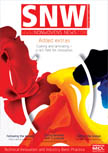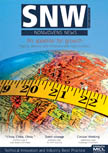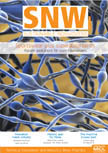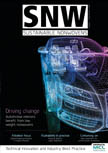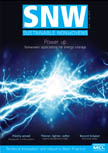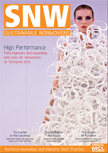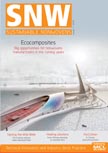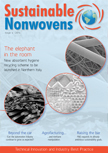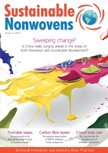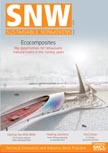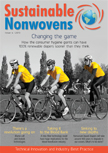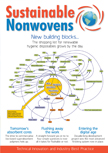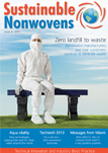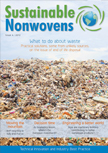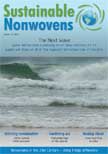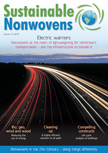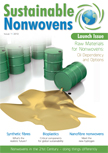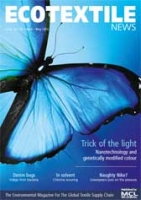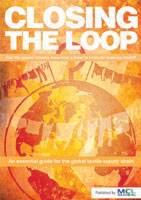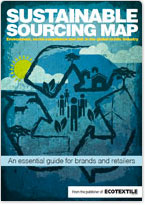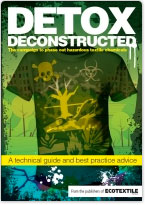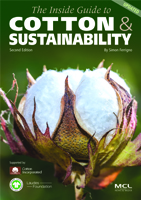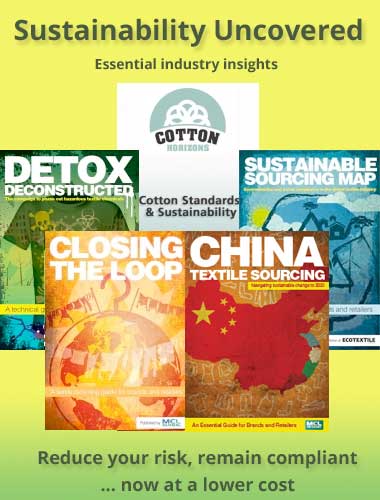LONDON - UK retail giant Boots has committed to remove all wet wipes that contain plastic fibres from its shelves by the end of the year, replacing them with plant based biodegradable alternatives.
A large proportion of the 11 billion wet wipes used in the UK every year still contain some form of plastic and evidence suggests they are the cause of over nine in ten of the blockages in UK sewers.
With over 800 million wet wipes sold in the last year in its stores and online, Boots says it is taking action to eliminate unnecessary plastic and it is calling on others to follow suit. This latest move follows Boots successfully reformulating its own brand wipe ranges and making wider efforts to reduce plastic and become a more sustainable retailer.
The company is one of the biggest sellers of wet wipes in the UK with over 140 different lines stocked across skincare, beauty, baby, tissue and health care categories. It is one of the leading sellers of beauty face wipes, representing up to 15% of all face wipes sold across the UK. It has now written to its suppliers across the UK and ROI, remove all wet wipes that contain plastic fibres from its shelves and boots.com by the end of 2022.
Steve Ager, Chief Customer and Commercial Officer, Boots UK, explained: “Our customers are more aware than ever before of their impact on the environment, and they are actively looking to brands and retailers to help them lead more sustainable lives.
“We removed plastics from our own brand and No7 wet wipe ranges in 2021, and now we are calling on other brands and retailers across the UK to follow suit in eliminating all plastic-based wet wipes. We all have a responsibility to protect our planet. By joining forces to inspire more positive action, we can collectively make a big difference.”
UK Environment Minister Rebecca Pow said: “This is a really encouraging commitment from Boots to prevent the damaging plastics in wet wipes from entering our environment.
“We have already conducted a call for evidence on wet wipes, including the potential for banning those containing plastic. This is in addition to the action we have already taken to tackle plastics, including banning microbeads in rinse-off personal care products, restrictions on single-use plastic straws, stirrers and plastic-stemmed cotton buds, and the 10p plastic bag charge. In the meantime, our message is clear - you should bin and not flush wet wipes.”
Sandy Luk, Chief Executive at the Marine Conservation Society, added: “It’s a fantastic step in the right direction for retailers, like Boots, to remove plastic from their own brand wet wipes and ask that all brands they stock do the same.
“Our volunteers found nearly 6,000 wet wipes during the Great British Beach Clean in September 2021, which is an average of 12 and a half wet wipes for every 100 metres of beach surveyed. The fact we’re still finding so many wet wipes on beaches shows that we need to remove plastic from wet wipes and move toward reusable options wherever possible, and it’s great that Boots are making commitments to this.”
As well as committing to eliminate plastic in wet wipes, Boots has also expanded its ranges of reusable and refillable alternatives in the last two years, including offering reusable make-up remover pads, cleansing pads, baby reusable wipes and refillable cleansing products.
